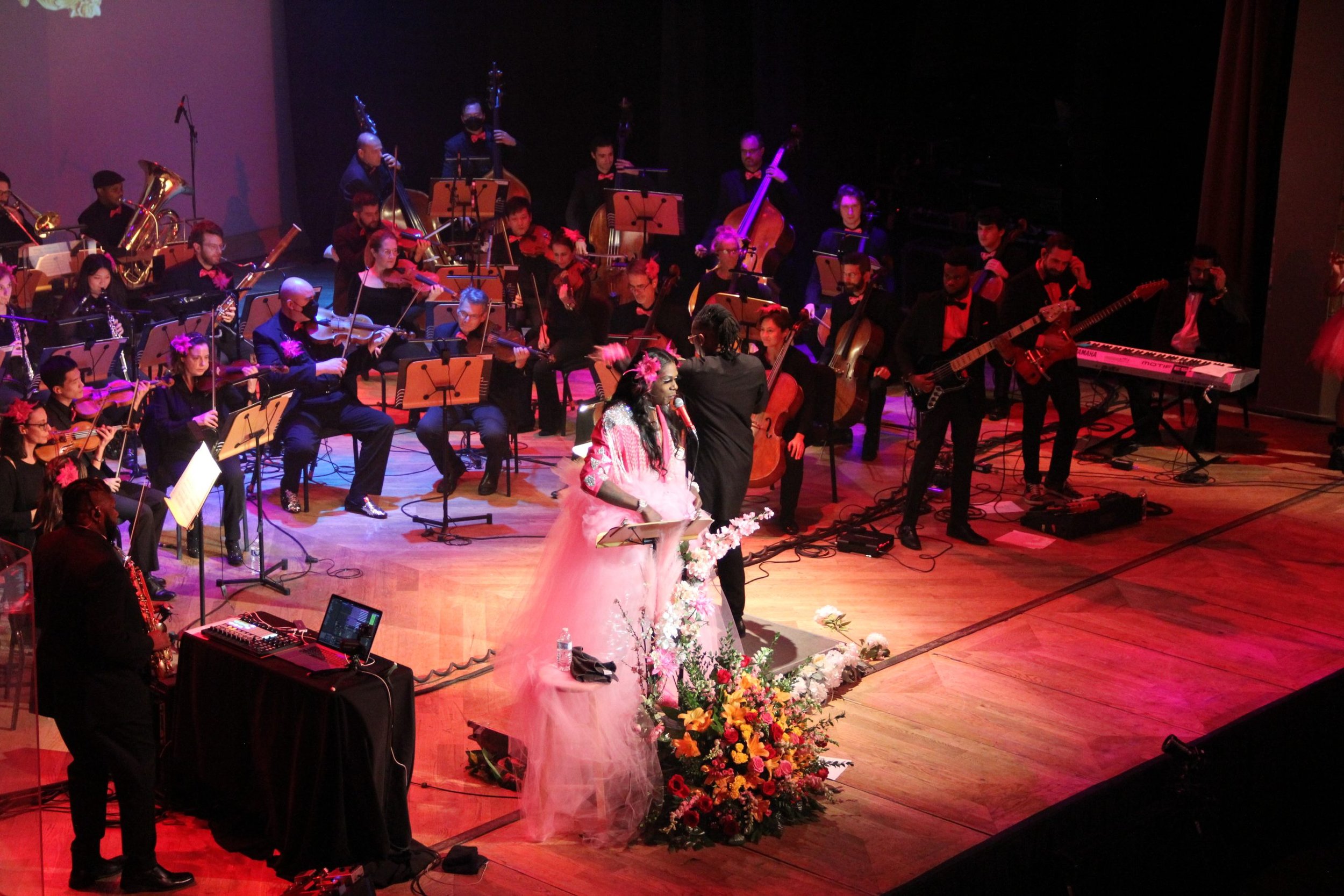The Hip-Hop Archive Goes Live

The NOLA Hip-Hop and Bounce Archive uses videotaped interviews to put rap in a New Orleans music context.
This time last year, The NOLA Hip-Hop and Bounce Archive had its hat in its hand and was trying to raise money through Kickstarter. Holly Hobbs was working to give it a proper home online and in the Amistad Research Center on the Tulane campus.
The campaign was a success and last week, and now more than 40 videotaped interviews with rappers and DJs are available online or in the center. The archive is live online at NOLAHipHopArchive.com and will host a launch party Thursday night at Cafe Istanbul with performances by Nesby Phips DJ'ing and Truth Universal.
For Hobbs, it was important that as many interviews as possible be on video. Last year, she said:
It is a way for artists to speak nearly directly to those watching, while I had a limited role, which should be the way it is. And you get so much contextual information from video that you can't in any other medium. Video is also a very important tool for engaging younger generations; far fewer younger people would access this archive if it were in any other medium. But video is harder to do and more expensive.
Still, the archive also houses the audio-and-photo only interviews Alison Fensterstock and Aubrey Edwards did for their “Where They At” show at the Ogden Museum of Southern Art. That material can only be seen and heard at the Amistad Center, though.
For Hobbs, the archive addresses a need by helping to situate hip-hop in the New Orleans music context. “It is traditional music-making,” she says. “New Orleans rap and bounce have endless connections to those musics that are considered to be ‘traditional’ in the public imagination: brass band music, Mardi Gras Indian chants, etc. And most of the artists involved talk about the various instruments they play in the context of their interviews. Many––perhaps even a majority––played in their high school marching bands.”
The collection includes an interview with TT Tucker, one of the earliest bounce rappers, and a number of interviews that are near to Hobbs’ heart:
We lost Nicky da B this year, and I'm very happy to have an interview with him included in the archive. He passed away so young, and it is so important that we have a record of him talking about his art in his own words. All the interviews are great, but Ms. Tee always shines. 5th Ward Weebie is audacious as always, and talks extensively about the connections between violence and music-making. KLC goes into great detail about the making of some of his best songs, but all the interviews are exceptional on their own terms.
The archive is a work in progress. She is working to expand its holdings and shoot more interviews, and plans are in the works to make the archive’s video accessible on mobile devices.
“Post-Katrina, New Orleans rap and bounce has moved a bit more toward inclusion in the New Orleans traditional music canon,” Hobbs says. “But it is still very much an outlier in terms of venue programming, inclusion at local festivals, and mainstream acceptance. We feel this archive is an important step toward rap and bounce being considered legitimate forms of traditional music-making in New Orleans and beyond.”
Thanks to the NOLA Hip-Hop and Bounce Archive and Alison Fensterstock for the YouTube playlist of artists included in the archive.






